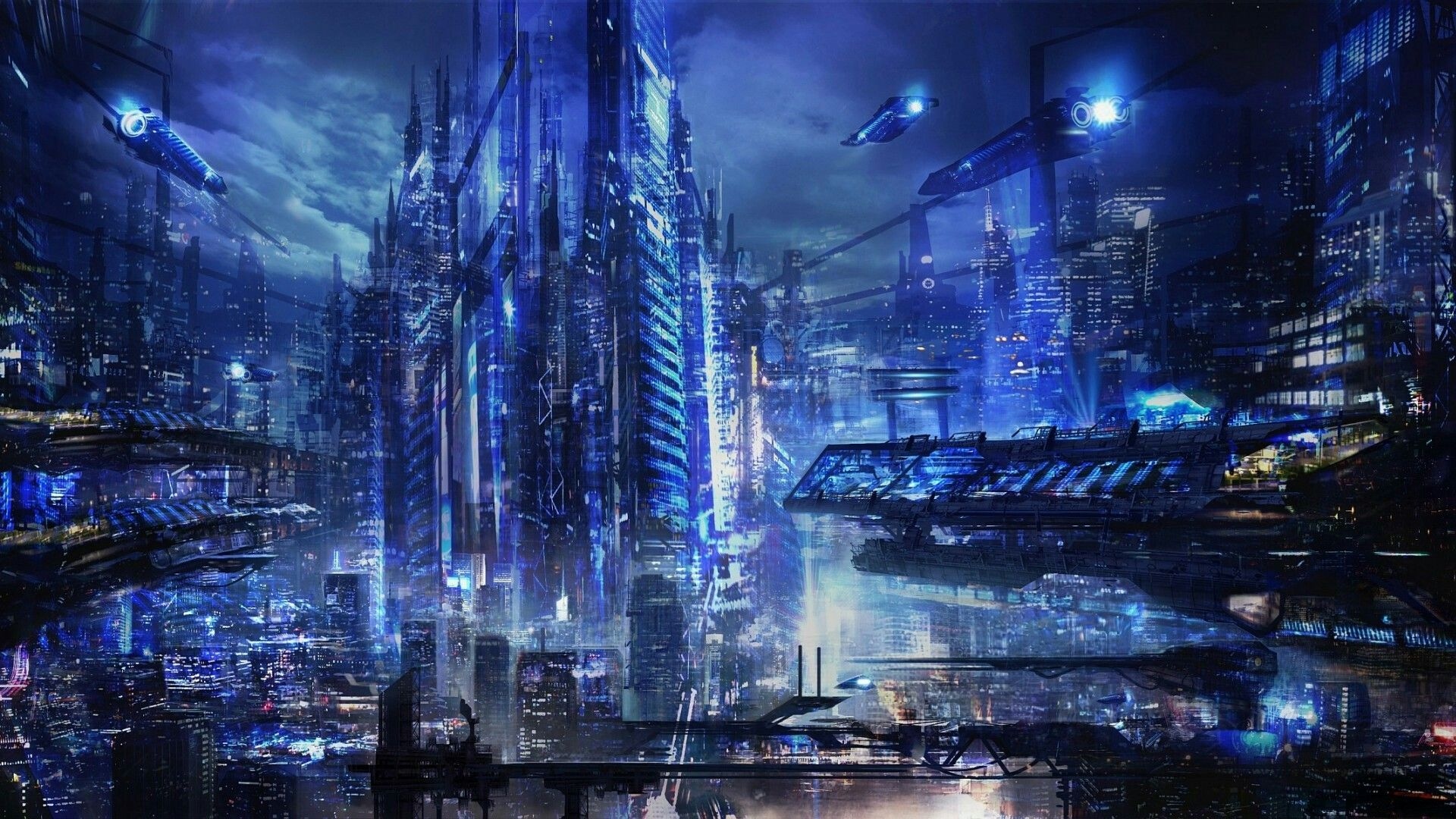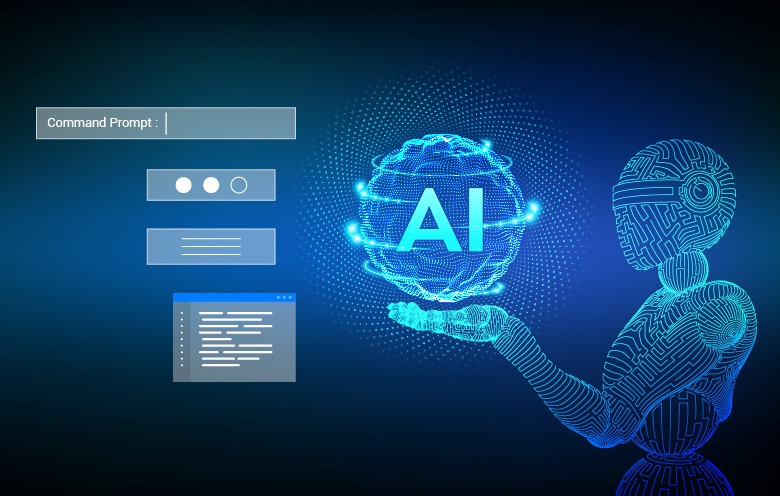Comments
- No comments found

Capitalism is undergoing a seismic shift, ushering in the era of Technocapitalism, often referred to as tech-capitalism (TC).
This paradigm shift is characterized by the rise of new technology sectors, the dominance of techno-corporations, and the emergence of novel forms of exploitation.

One of the defining aspects of Technocapitalism is the growing influence of techno-corporations, reshaping the traditional power dynamics and market structures within the capitalist framework.
In the digital age, the game of capitalism has evolved to exploit intangibles such as personal data, information, and personally identifiable information (PII). This shift marks a new frontier in economic strategies.
At the core of the techno-corporate ascendancy lies the recognition of data as the new currency. Tech corporations leverage vast datasets to gain insights, predict consumer behavior, and drive innovation. The strategic use of data becomes not just a tool but a fulcrum upon which economic power tilts.
The rise of techno-corporations has given rise to a landscape characterized by market dominance and oligopolistic trends. A select few entities command significant market shares, shaping entire industries and influencing the trajectory of technological progress. The concentration of power prompts reflections on competition, access, and market dynamics.
As techno-corporations amass unprecedented power, ethical considerations come to the forefront. The intersection of profit motives and societal responsibility raises questions about the impact of techno-corporate decisions on privacy, security, and the equitable distribution of technological benefits.
At the core of Technocapitalism lies a dynamic innovation landscape. It encompasses not only traditional technological Research & Development (R&D) but also ventures into the realms of AI, massive automation, and humanoid robotics.
The conventional landscape of Research & Development, once confined to laboratories and experimentation, has undergone a metamorphosis. In the realm of Technocapitalism, the emphasis on continuous or systematized invention and innovation has propelled R&D beyond the traditional confines, turning it into a dynamic force that is vital for organizational survival.
Artificial Intelligence emerges as the linchpin of the Innovation Hub, pushing the boundaries of what was once deemed possible. The integration of AI technologies introduces unprecedented levels of data analysis, pattern recognition, and decision-making capabilities. This, in turn, facilitates innovations that transcend the limitations of conventional approaches.
The Innovation Hub extends its influence into the realm of Robotics, sparking a revolution that stretches from automation to the creation of humanoid entities. Robotics, once confined to manufacturing processes, has evolved into a multifaceted domain encompassing everything from autonomous vehicles to human-like machines that redefine the concept of interaction and assistance.
Technocapitalism's new ecology thrives in the Innovation Hub, with biotechnology, nanotechnology, bioinformatics, genomics, synthetic bioengineering, molecular computing, and biorobotics taking center stage. This diverse array of activities reflects a shift towards an innovation-centric ecosystem that relies heavily on creativity, knowledge, and continuous discovery.
Contrary to the common belief that singular billionaires are indispensable for technological breakthroughs, history tells a different story. Major inventions and innovations throughout time, including the telephone, radio, computer, and the internet, were not solely driven by individual wealth accumulation. Instead, many breakthroughs originated from public research, government/military projects, or collaborative efforts of scientists, engineers, and thinkers.
Innovation, by its nature, is often an incremental and collective endeavor rather than the result of a lone genius's flash of insight. From vaccines and antibiotics to recent advances like CRISPR gene editing and immunotherapy, collaborative efforts and collective knowledge-sharing have played pivotal roles. The notion of singular billionaires as the exclusive propellers of progress is thus debunked.
Crucial technological advancements, such as genome sequencing, solar photovoltaics, and lithium-ion batteries, trace their origins to university and government labs rather than exclusive Silicon Valley endeavors. The internet itself, a transformative force, was a product of DARPA. This emphasizes the indispensable role of public research, global collaboration, and open-source contributions in driving technological progress.
While entities like SpaceX, Amazon, Microsoft, Apple, and Facebook have undeniably reshaped our world, attributing progress solely to a technocratic class may oversimplify the intricate innovation ecosystems. Breakthroughs in artificial intelligence and machine learning, for instance, necessitate the collective efforts of thousands of engineers, ethicists, humanists, and not merely the resources of a singular entity.
As the myth of billionaire saviors unravels, challenges emerge in the realms of ethical considerations, legal frameworks, and societal impact. The concentration of influence in the hands of a few prompts a reevaluation of the dynamics between wealth accumulation, technological progress, and the broader societal implications.

The trajectory of Generative AI has been characterized by a wave of hype, with lofty promises and grand expectations. However, as the technology matures, concerns about unrealistic valuations and overinflated expectations are surfacing. The market exuberance, driven by speculative investments, may be setting the stage for a correction.
While Generative AI has showcased remarkable capabilities, there exists a chasm between the envisioned potential and the current technological constraints. As applications expand, the limitations become more apparent, and unproven business models face scrutiny. The industry may grapple with aligning expectations with technological realities.
The journey towards Generative AI supremacy is fraught with conceptual, Intellectual Property Rights (IPR), legal, and ethical challenges. As the technology pushes boundaries, questions around ownership, accountability, and ethical considerations come to the forefront.
Leave your comments
Post comment as a guest